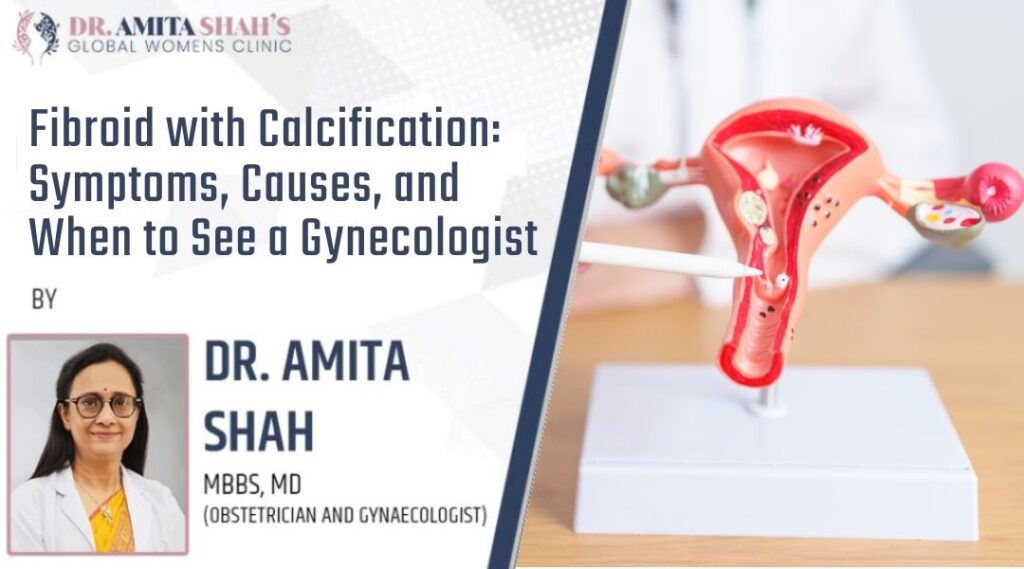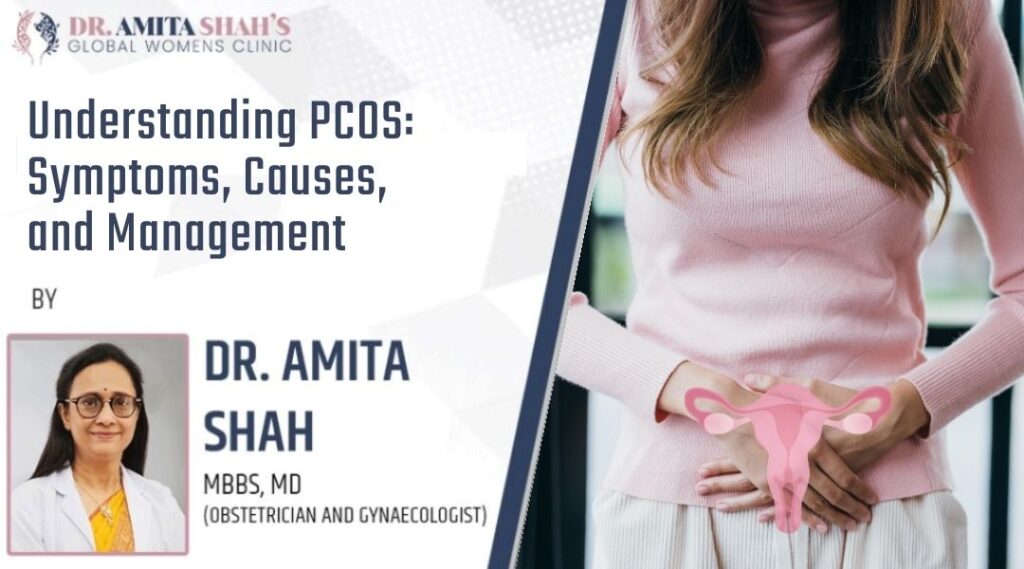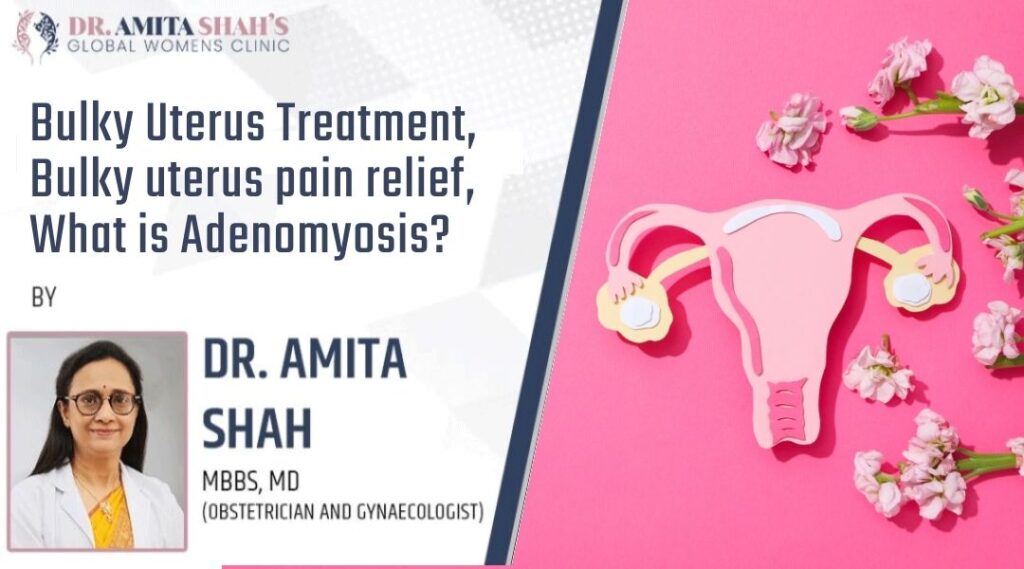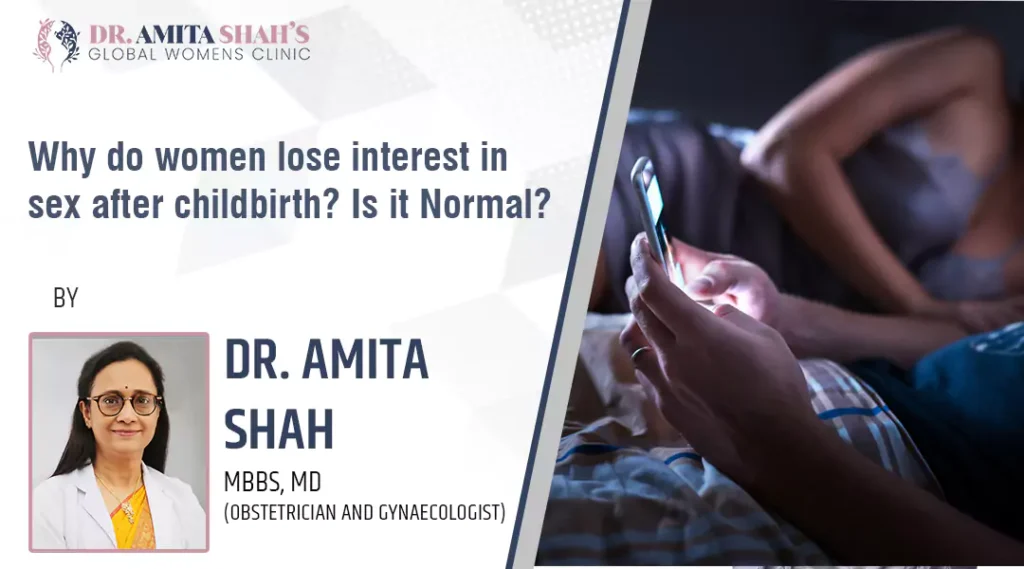Fibroids are benign growths that grow in or around the uterus and are quite surprisingly common among women of childbearing age. Yet, when the fibroid becomes calcified, it is one where calcium has accumulated inside the fibroid itself, often a result of degeneration. This condition is associated with varying symptoms or could pass unnoticed for many years. Let’s first see what this term, fibroids with calcification, entails, as well as some causes and the right time to consult the best gynecologist.
A calcified fibroid is a type of uterine fibroid containing calcium deposits. Often, this occurs when the blood supply to the fibroid is cut off and starts to degenerate. The calcification process causes the fibroid to turn harder and become more easily visible on imaging scans such as X-rays or ultrasounds. Though the fibroids with calcification usually occur in postmenopausal women, they can occur at any age.
Symptoms of Fibroid with Calcification:
Calcified fibroids often vary in the symptoms depending on their size and location. A woman may feel no symptoms of calcified fibroids at all, but to some, they face challenges, which include the following:
- Pelvic Pain or Pressure: The hardness of calcified fibroids makes it painful and gives a sensation of pressure within the pelvic area.
- Bladder or Bowel Issues: The pressure of the fibroid on the bladder or bowel may cause the frequent urination, constipation, or feeling of incomplete emptying of the bladder.
- Changes in Menstrual Cycle: Though calcified fibroids would cause less heavy bleeding than their actively growing counterparts, menstrual irregularity is possible in some women.
- Lower Back Pain: Large fibroids may compress nerves and therefore result in pain in the lower back or down the legs.
Causes of Fibroid Calcification
The most common cause of fibroid with calcification is degeneration. When a fibroid outgrows its blood supply, the tissue inside begins to die. Over time, the body attempts to heal the area by depositing calcium in the dead tissue, and this leads to the formation of fibroid calcification. This type of calcification is found more in:
Postmenopausal Women: As hormone levels decline, fibroids shrink and are more likely to calcify.
Older fibroids are more likely to be in this state.
When to See a Gynecologist
There is a point at which it would be important to seek professional medical opinion on calcified fibroids. Although many calcified fibroids are benign and not symptomatic and require no intervention, some symptoms will necessitate you to visit a specialist. You should visit a gynecologist if:
- You have constant pelvic pain or discomfort.
- There are changes in your bowel or bladder habits.
- Menstrual cycles become irregular or unusually heavy.
- Imaging tests have revealed a fibroid, and you’re unsure of its impact.
If you’re based in Gurgaon and are dealing with fibroid-related symptoms, Dr. Amita Shah, best gynecologist in Gurgaon, is renowned for her expertise in diagnosing and managing fibroids, including those with fibroid with calcification condition. Consulting an experienced professional is the first step toward finding relief and understanding your options.
Treatment Options for Fibroid with Calcification
Often, calcified fibroids do not require treatment unless they show symptoms or complications. In this condition, the best gynecologist would recommend any of the below mentioned interventions:
Observation: For a very small, asymptomatic fibroid, regular observation might be adequate.
Medications: Pain relievers or hormonal treatments could alleviate other symptoms of pelvic discomfort or irregular periods.
Fibroid removal through laparoscopy surgery: It is a very small incision operation, wherein laparoscopic procedures can be adopted. This also brings about recovery from the disease earlier, as pain is much lesser and so does the scars from the surgeries performed.
So, if surgery becomes mandatory, get in touch with Dr Amita Shah, the best gynecologist Gurgaon for treating fibroid with calcification.
Living with a Calcified Fibroid
Most women living with a calcified fibroid will be able to live comfortably by following the proper course of treatment and care. Living healthily, staying educated, and being involved with a respected gynecologist makes all the difference. This helps one know the right steps in dealing with treatment options, thus taking immediate care of symptoms that might be caused.
Fibroid with calcification is a condition that may not necessarily be treated immediately but warrants attention if the symptoms appear. With proper knowledge of the symptoms and timely advice from a doctor, complications are prevented. There are indeed effective treatments such as observation, medication, or laparoscopy surgery. For any expert advice, Dr. Amita Shah is the best gynecologist in Gurgaon and provides you with personalized care and advanced treatments so that you can confidently manage this condition.
































